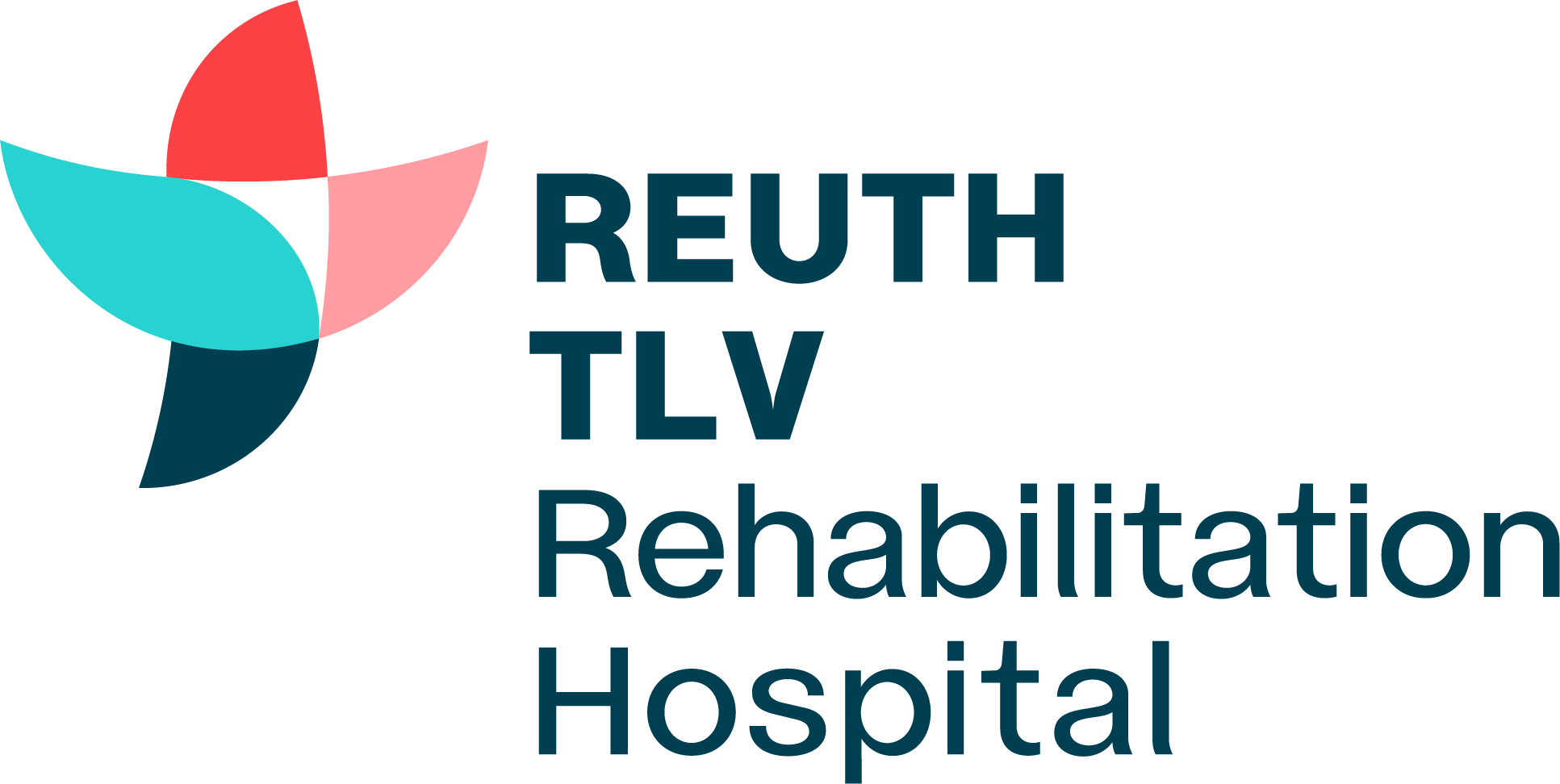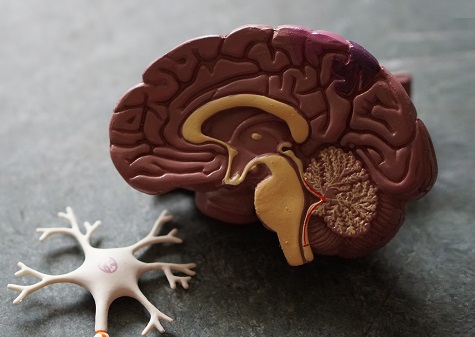Peripheral neuropathy develops when the nervous system in the limbs, such as hands, feet and arms, is damaged and its symptoms are dependent on the nerves affected. It is estimated that 1 of every 10 adults aged 55 and over are affected by peripheral neuropathy.
Symptoms of peripheral neuropathy and types
The peripheral nervous system is a network of nerves located outside of the central system (the brain and the spinal cord) and includes various types of nerves with their own unique functions, such as sensory nerves responsible for transfer of sensations such as pain and touch; motor nerves responsible for muscle control; autonomous nerves responsible for regulation of the automatic functions of the body such as blood pressure and function of the bladder.
The principal symptoms of peripheral neuropathy can include loss of feeling and tingling in the feet and hands, pain, burning, stabbing or shooting pains in the damaged areas, loss of balance and muscle weakness, mainly in the feet. The symptoms are usually permanent however could appear intermittently.
Peripheral neuropathy has various types and nuances and its character will be defined by the number of nerves involved. Neuropathy of one nerve only is defined as mononeuropathy, when the effect is in several nerves it is defined as mononeuropathy multiplex, damage to all the nerves in the body is defined as polyneuropathy.
Polyneuropathy is the most common type and starts to have an effect on the longest nerves. As a rule the symptoms will appear in the feet and with time the effect with appear gradually also on the shorter nerves, thus the feeling will be that it is spreading upwards in the body, and at a later stage it will also be felt in the hands.
Causes of peripheral neuropathy
The most common cause of peripheral neuropathy is diabetes (Type I, II) when with time the high blood glucose levels relating to the disease can damage the nerves. This damage is called diabetic polyneuropathy.
Peripheral neuropathy can also have a wide range of additional causes such as: traumatic and physical damage to nerves, viral infection such as shingles, side effects from certain medications, exposure to toxic substances or alcoholism.
Treatment for peripheral neuropathy
Treatment for peripheral neuropathy is dependent on the symptoms and the basic cause, when it is not always possible to treat all the causes of the neuropathy, for example: for diabetics a better control of the blood glucose levels could alleviate the symptoms and prevent future damage. Also stopping smoking and reducing alcoholic intake could alleviate the symptoms.
Neuropathic pain can be treated with designated medications for nerve pain (for example: Lyrica, Cymbalta, Elatrol, Gabapentin) as regular and standard painkillers for the most part are ineffective.
Sometimes, for other symptoms relating to peripheral neuropathy, other individual treatment will be required such as – treatment for muscle weakness that could include physiotherapy and walking aids.
The complications and the prognosis for peripheral neuropathy differ pursuant to the basic cause and the nerves damaged. In certain cases the symptoms could improve over time if the basic cause is treated and in other cases the damage could be permanent and deteriorate over time gradually. In the event that the basic cause is not treated for the neuropathy there is a danger of developing serious complications, such as ulcers on the legs which could lead to gangrene and in more severe cases to amputation of the leg.
Peripheral neuropathy could affect the nerves controlling the automatic functions of the cardiac system and the blood circulation and even the need for treatment to raise blood pressure or in rare cases a pacemaker is needed.
The information in this article is general information and does not constitute a medical opinion or a substitute for medical consultation with a physician and it should not be considered as medical consultation and/or a recommendation for treatment and/or a substitute for treatment.
The information presented in the English website is partial. For full info please visit our Hebrew website

 donation
donation 




“Reuth Information Center”, All rights reserved to Reuth rehabilitation hospital. Reuth Information Center is an informational site only. All information on the Website is not a replacement or a substitute for medical, legal, economic, consumer, financial or other advice and any use of the information on the Website is solely the responsibility of the User. Surfing is subject to Terms of Use.